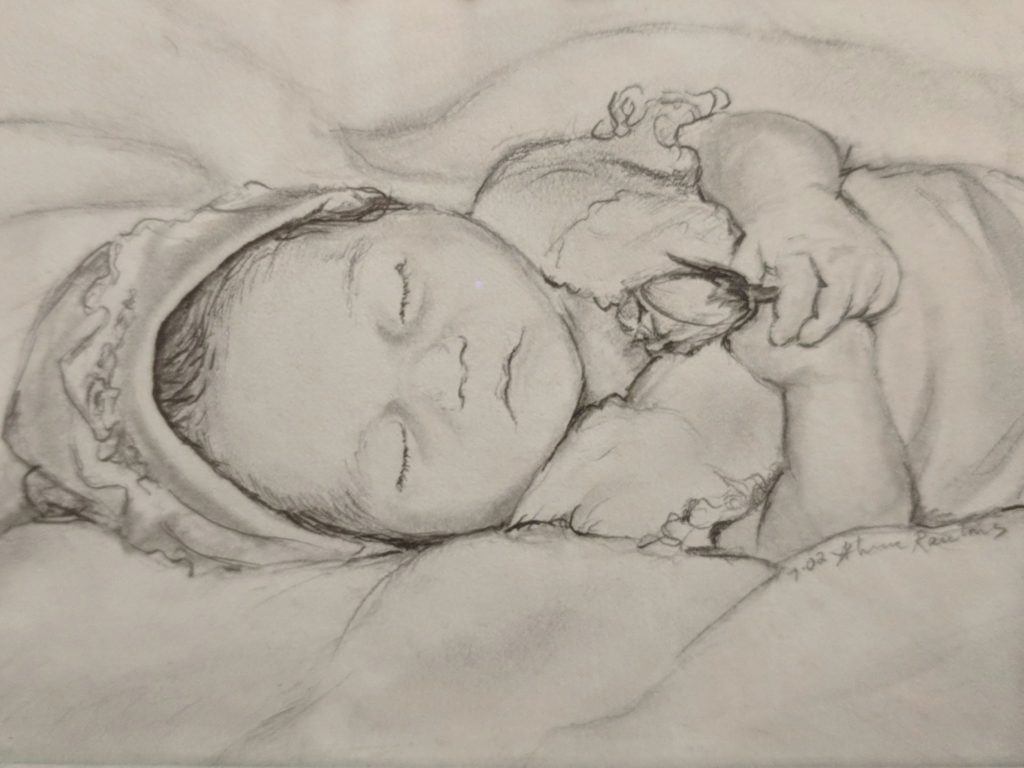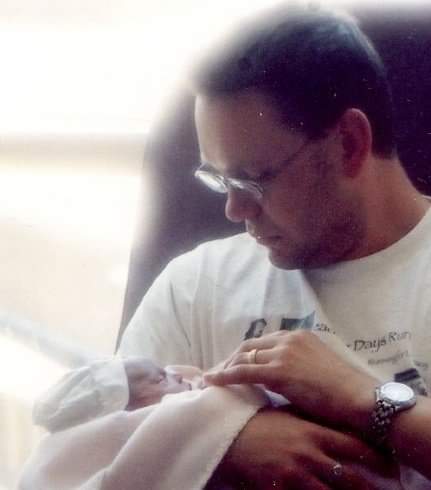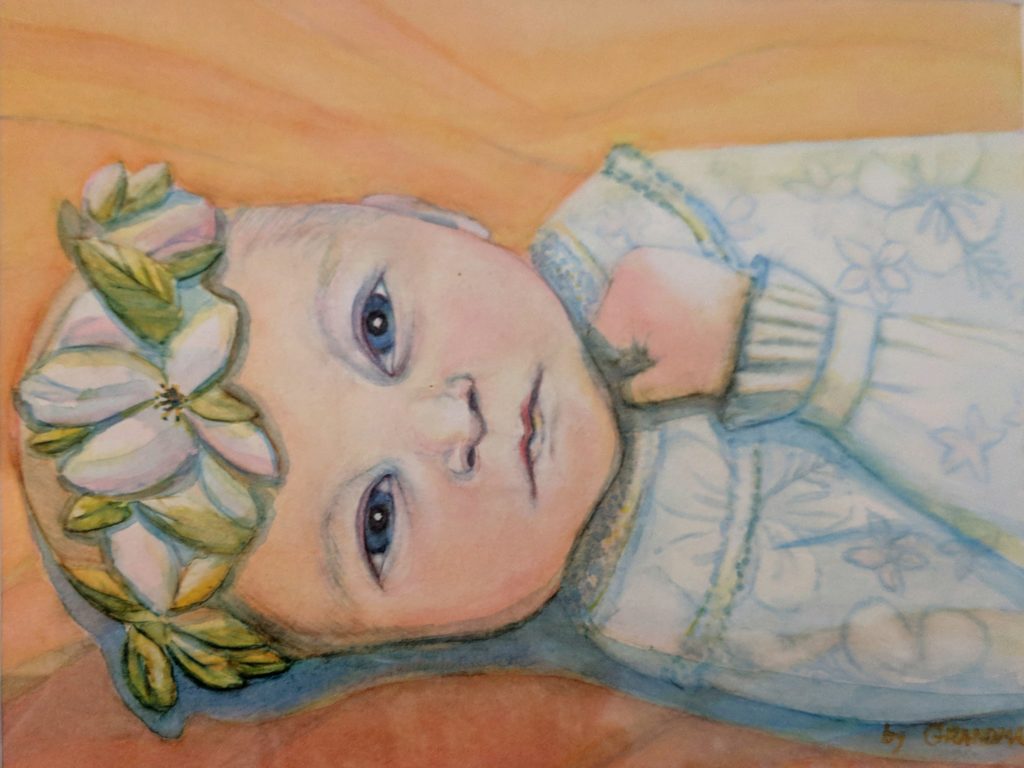Good Grief!
Some do’s and don’ts for mourning with those that mourn
Article contributed by Eric Marble
I was sitting outside the Bishop’s Office waiting to talk to him about our daughter’s death (she was stillborn at 36 weeks) and grieving, grieving for my child, grieving for my wife, and grieving for myself. The ward secretary asked me if I was ok and I gave a short description of the trauma of the last week and told him I was hoping for some comfort from the bishop. His reply was, “My mom had a miscarriage once and her whole life talked about that as if it was one of my siblings. If a fetus doesn’t breathe it isn’t a child. She would have been a whole lot happier if she would have accepted that.”
I was shocked. My gospel study had been fast and furious on the subject and all I had come up with were seemingly contradictory statements by several Latter-Day prophets. The question I had prepared for the bishop was whether to include her on our family group sheet or not, hoping that the answer would give me some guidance (and hoping the answer would be an unequivocal yes). I tried to mask the shock and pain that hit me with the Secretary’s comment but his words lead me quickly to tears and embarrassment.
In the weeks, months, and even years following Emma’s passing many people have reached out to us in different ways and some have been more comforting than others. Here are a couple of do’s and don’ts for mourning with those that mourn.
- Stating that they are in a better place can be a hard thing to hear. I know that this phrase is meant for comfort but in the case of a child, or any loved one for that matter, it is often hard to see past the pain of separation. It is difficult not to think ‘What better place can a child be than in the arms of his or her parent?’ Instead, sharing your faith that they are in the loving arms of Heavenly Father is a great way to lend comfort and strengthen testimonies.
- Not saying something because you don’t know what to say can be awkward. We moved a week after our daughter was born and the new relief society president came over several times to visit. She talked to my wife about everything but Emma. One day I was home during a visit so I came into the living room and curtly blurted out, “Did you know that we buried our daughter a couple weeks ago?” Awkward silence! She offered her apologies and left quickly. I felt embarrassed, my wife felt embarrassed, the poor Relief Society President felt embarrassed. I totally get that it is hard to know what to say to someone who has experienced the loss of a child, but, letting them know you are aware of their struggle is a great thing. If you don’t know what else to say just tell them, “I don’t know what to say, but I love you.” It doesn’t matter what you say, just say something.
- You really don’t know what anyone else is going through. One comment we heard often was along the lines of ‘My friend had a 6 year old pass away in similar circumstances so I know what you are going through.’ And ‘I have heard of so many people who have had stillborn children so you are not alone in this situation.’ I believe that any loss of life is difficult and unique. Comparison doesn’t change or lessen the sting of death. Sometimes it can suggest to the grieving one that they should be moving on quicker. Instead of assuming that you understand what the person is going through, even if you have had a similar experience, asking the person how they are feeling and then just listening attentively to the answer can give a great amount of comfort.
- Telling them when they should stop grieving is a no-no. We all grieve in different ways, and the speed at which we recover from tragedy is no indication of how resilient we are or how much we love someone. Allow your friend to grieve at their own pace. If you are worried about them moving forward then talk to them about it, but don’t tell them to move on. You should never move on from loving a person. If a person is not able to function day to day it might be good to suggest a qualified counselor to help them learn how to effectively address their emotions.
- Remember anniversaries and holidays and acknowledge them on those days. For about 3 months after our daughter was born my wife’s friend sent her something in the mail weekly. Sometimes it was a card, once it was flowers, one week it was a surprise visit, and once a restaurant gift card. My sister took us out to lunch on our daughter’s birthday for the first 4 years after she passed and made Christmas ornaments for her. Mother’s and Father’s Day, Birthdays, and Anniversaries can be particularly hard. Acknowledging that you remember the ones who have passed away on special days is very comforting.
Bottom line is that we have always been appreciative of anyone who offered support as we have grieved over our loss. Our daughter would be 18 now and the grief sometimes feels like love and other times feels like a sharp knife cutting our hearts. If you are grieving, open up and talk to those around you, even if it feels awkward at first. And if you are one who mourns with those who mourn, don’t be afraid of saying or doing something wrong, just be available to lend an ear and support them, and your efforts will be appreciated.




